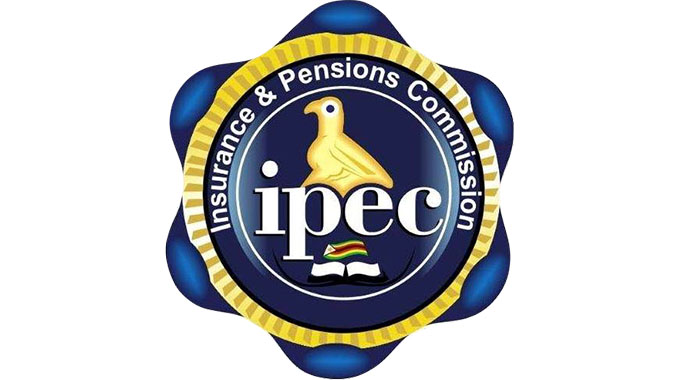Delta to install new production plant

Enacy Mapakame
Delta Corporation Limited is expected to maintain its growth trajectory in the sorghum beer segment as the beverages giant is looking at installing a new Chibuku Super plant at its Southerton Brewery.
This will help enhance production efficiencies and offset the adverse impact of the Covid-19 pandemic, which among others, resulted in supply chain disruptions with limited access to rural markets experienced during the year to March 31, 2022.
Already, the existing Chibuku Super lines are producing to capacity.
“A new Chibuku Super plant to be installed at the Southerton brewery is on order,” said chairman Stanford Moyo in a performance update for the year.
During the year, sorghum beer volume in Zimbabwe grew by 43 percent on improved product supply, market pull and the resurgence of returnable scud bottles.
The Zimbabwean economy registered growth in real Gross Domestic Product during 2021, driven by the improved cereals harvest, the cyclical rebound in mineral prices and buoyant housing construction and infrastructure projects together with a surge in diaspora remittances which helped improved disposable incomes.
Additionally, the business sector benefited from the convenience of the multi-currency trading environment and the higher spending velocity of the local currency as consumers sought to mitigate value erosion in their hands.
Despite these positives, the resurgence of inflation and the renewed volatility of the exchange rate in the second half of the year dented business confidence.
For Delta, the sorghum beer category was also affected by limited access to rural markets and key trade channels such as bars and beerhalls that remained inaccessible under COVID-19 lockdowns and curfews during the early parts of the financial year.
The United National Breweries South Africa benefited from the lifting of the alcohol ban to record a volume increase of 63 percent over prior year.
Mr Moyo said the group’s focus would be on accelerated volume recovery by recruiting new customers and consumers, entry into more sales channels and winning the customers back from home brews which were spurred by the alcohol bans.
However, volume at Natbrew Plc (Zambia) went down 16 percent for the full year due to limited access to the market under COVID-19 restrictions and resurgence of competition from the illegal bulk beer offerings.
“The nascent volume recovery was dealt a blow following the hike in excise duty in January 2022.
“There are however concerted efforts to stabilise the business through focused product offerings and enhanced distribution strategies,” said Mr Moyo.
As for other segments, lager beer volume for the year grew by 38 percent compared to prior year on the back of consistent product supply with respect to both brand and pack.
Sparkling beverages volume went up 65 percent over the previous year as the business responded positively to the ongoing initiatives to recover market share through competitive pricing, focused market execution and consistent supply of brands, flavours and packs.
On financial performance, the group recorded revenue of $86,5 billion in historic terms reflecting a growth of 160 percent over prior year compared to average inflation of 83 percent.
Over 50 percent of the revenue in Zimbabwe was in foreign currency enabling better availability of imported inputs supply.











Comments